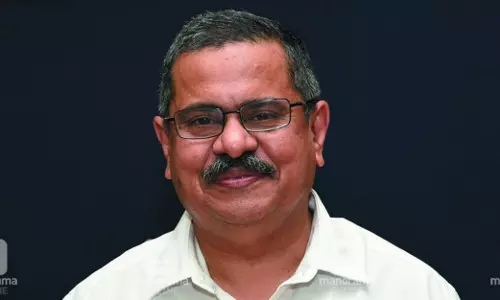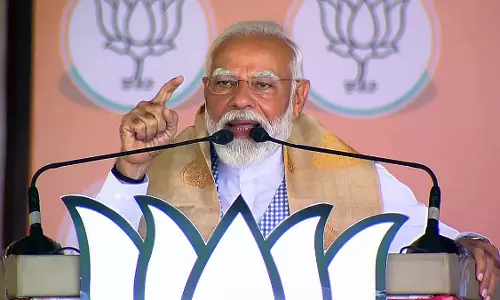
Turf wars with ISRO stall connectivity: DoT official
text_fieldsIndia builds the cheapest satellites but has the most expensive bandwidth, a government official said on Tuesday, blaming turf wars between the Indian Space Research Organisation (ISRO) and the Department of Telecom (DoT) for delays in taking connectivity to far-flung areas.
DoT’s special secretary N. Sivasailam also flagged issues of costs and said the ISRO should do more in order to keep the charges on par with global experience.
Mr. Sivasailam said more transponders were required on satellites.
According to him, there is a “problem of domains” between the DoT and the ISRO that has impacted the roll-out of connectivity in far-flung areas for 20 years.
“The problem is of domains. We (DoT) don’t want to leave our domain. ISRO doesn’t want to leave its domain. It is a domain-related problem...I do not see people coming together and negotiating this aspect out,” he said.
‘It’s hurting business’
Admitting that there is “politics” which “makes things difficult”, Mr. Sivasailam pitched for both the agencies getting over the problems for the benefit of all.
“It is time it stopped because it is hurting business development and ultimately people are not getting (benefited),” he said, speaking at the annual FICCI Frames.
On the critical issue of costs, he said it will cost around ₹150 to serve one user with the current cost structure in the country whereas in the U.S., it costs $1 or ₹65.
“If the U.S. is getting it for USD 1 for the same bandwidth for the life of the satellite, I should be getting it at the same rate. There is no reason why it should not happen in India. That is my refrain,” he said.
Conceding that ISRO helps take satellite connectivity to 5,240 far-flung locations in the country, including 4,300 in the Northeast, Mr. Sivasailam said the cost of the satellite, bandwidth and spectrum makes “operations unviable.”
“If you have the volume of business, we should be able to provide at the rates internationally available and that is a matter of some concern for us. We have been working on it but not necessarily successful on this,” he said.























